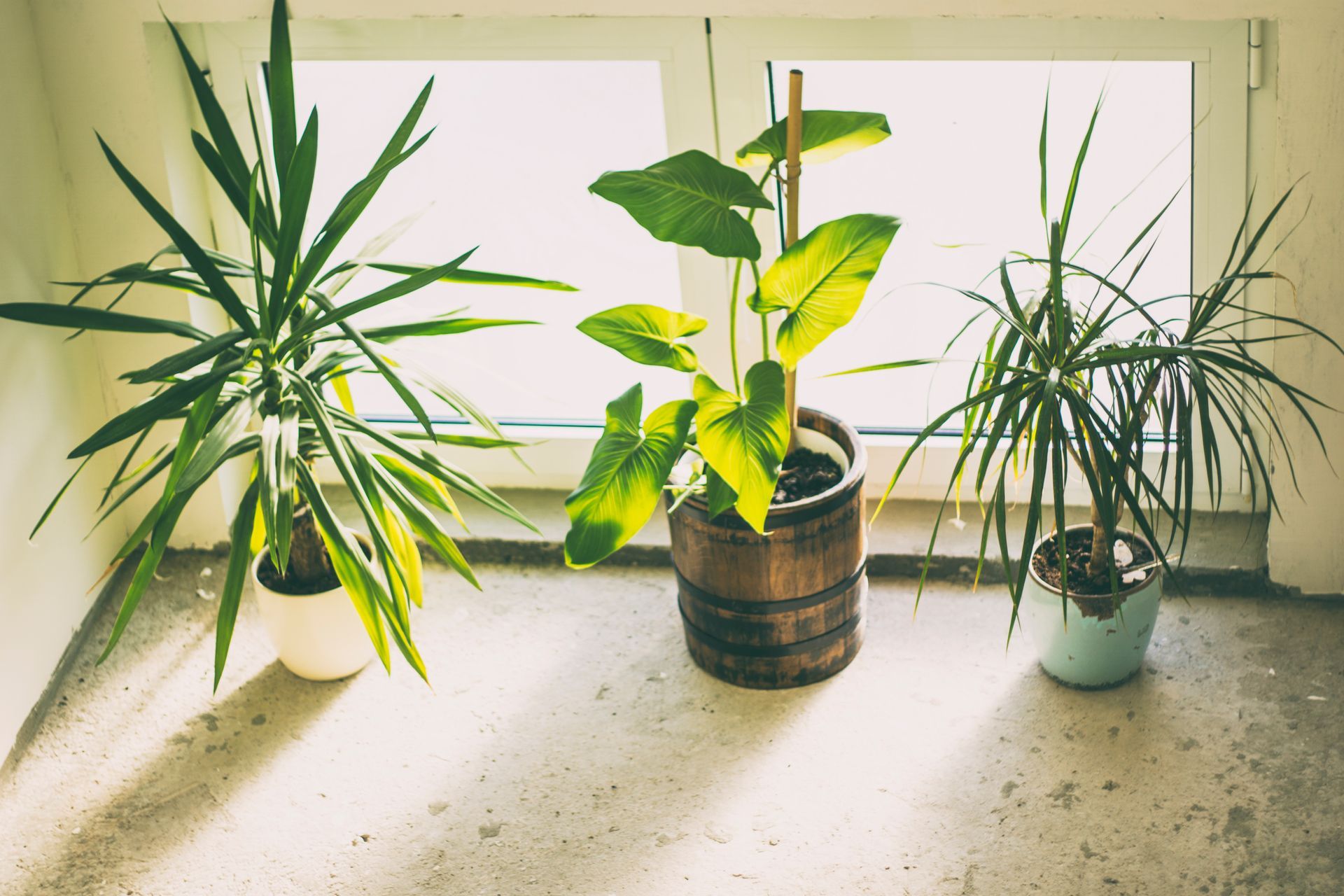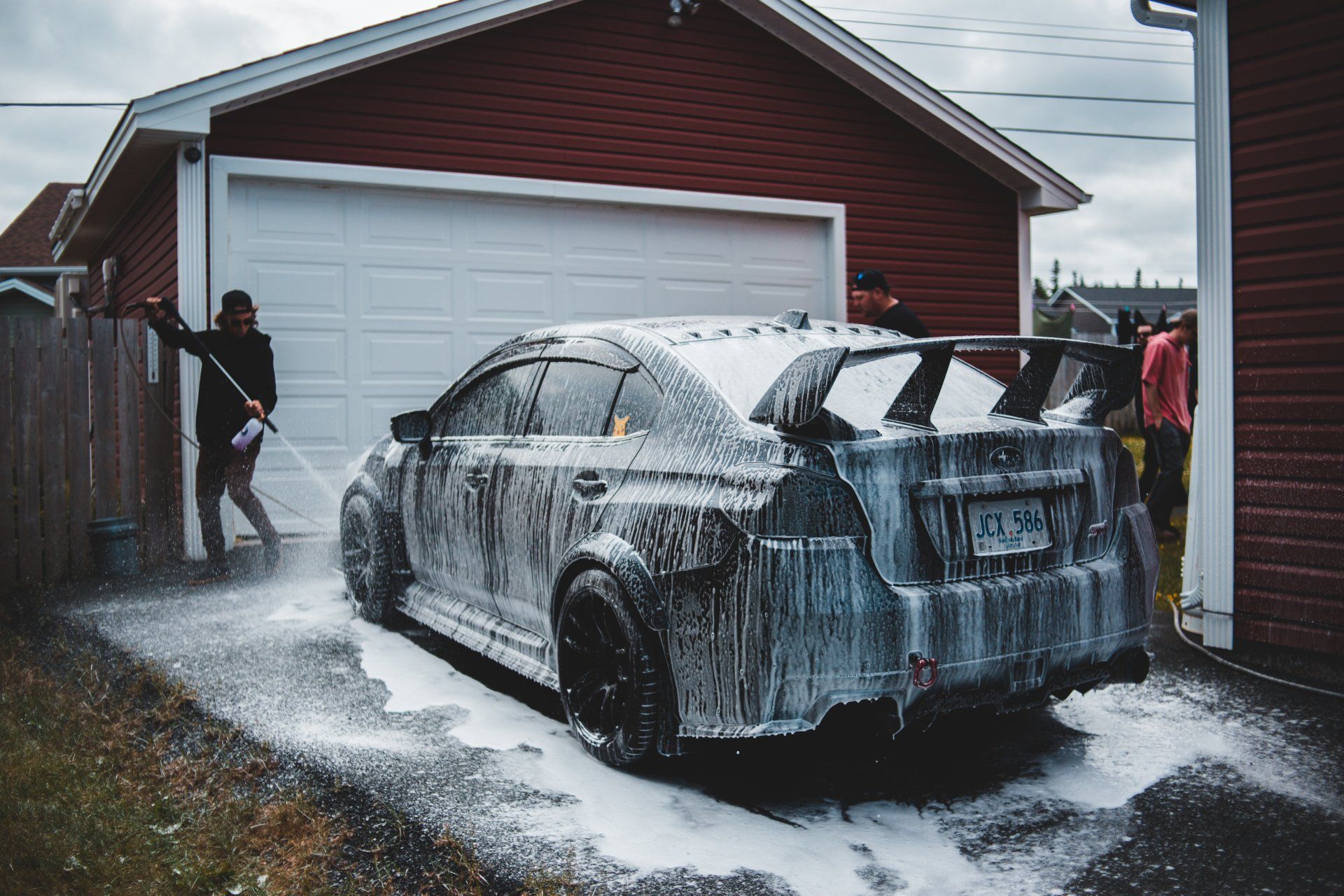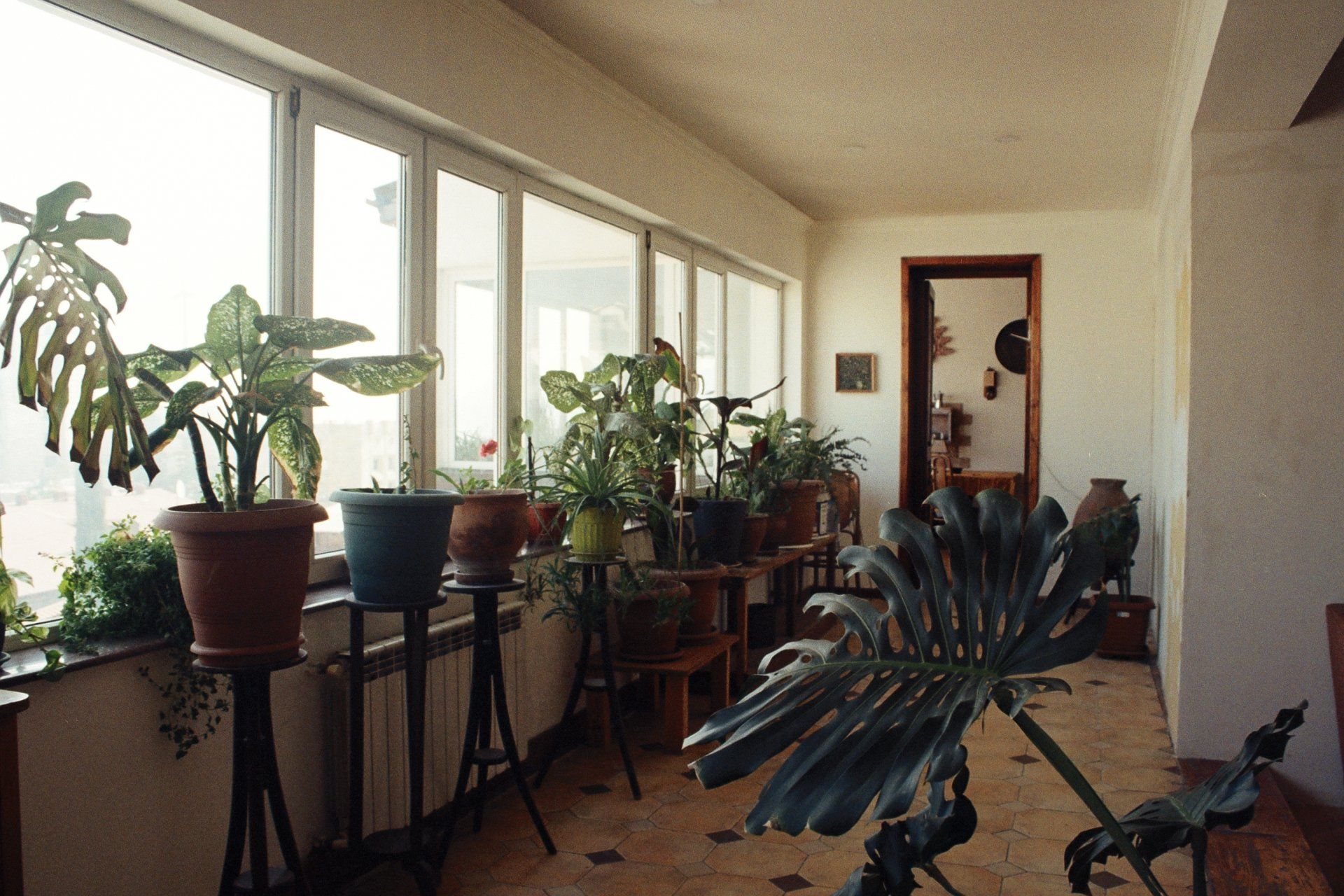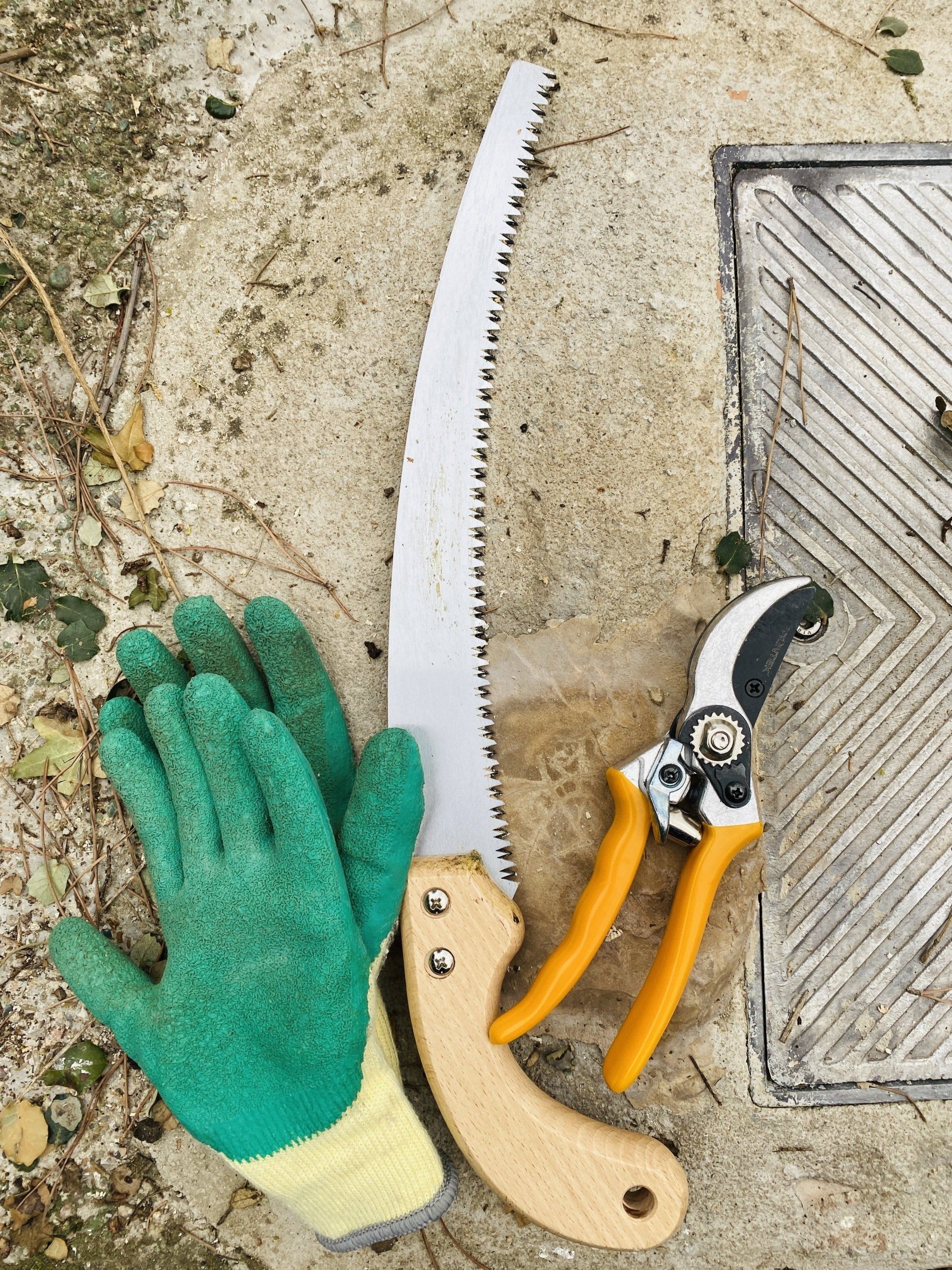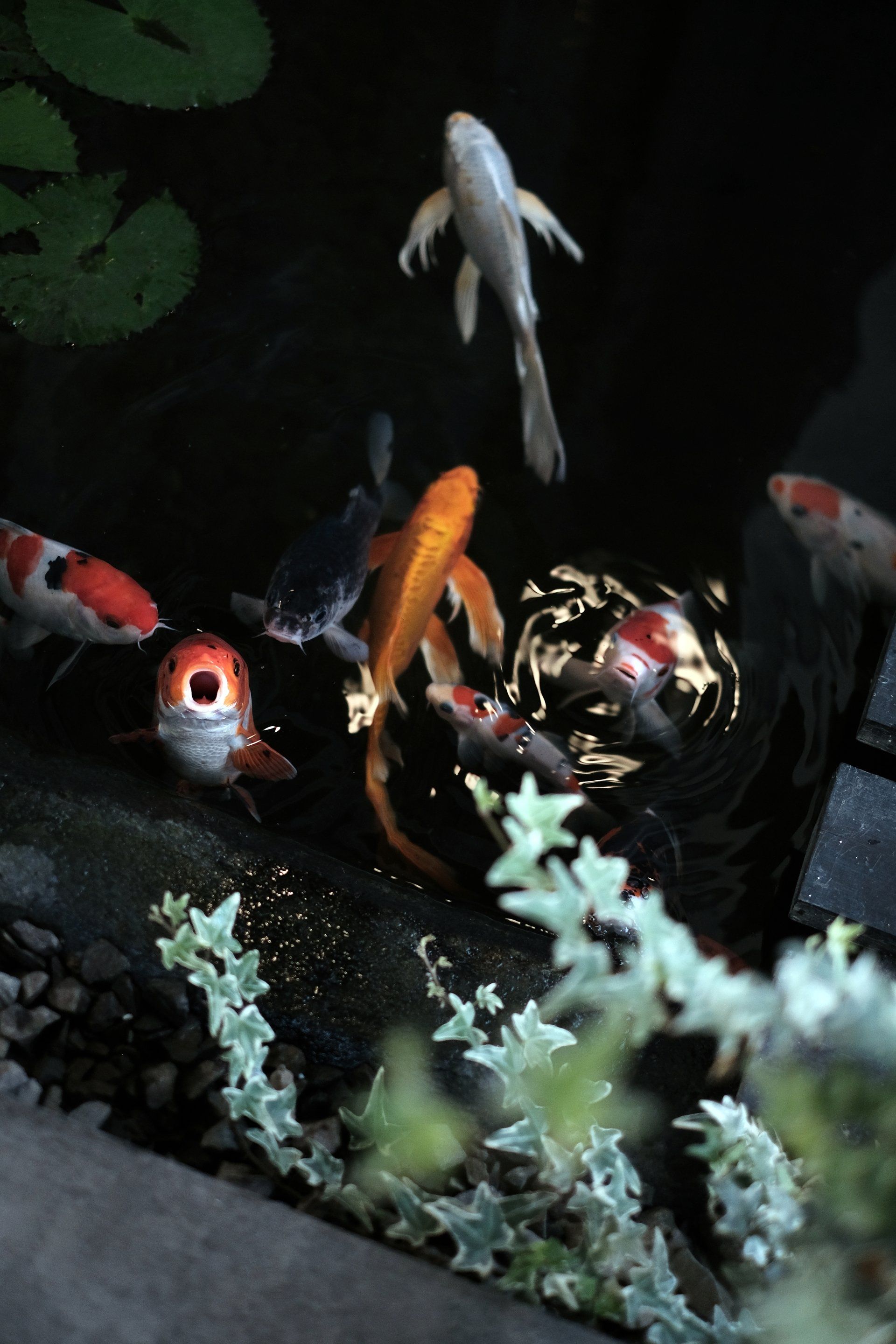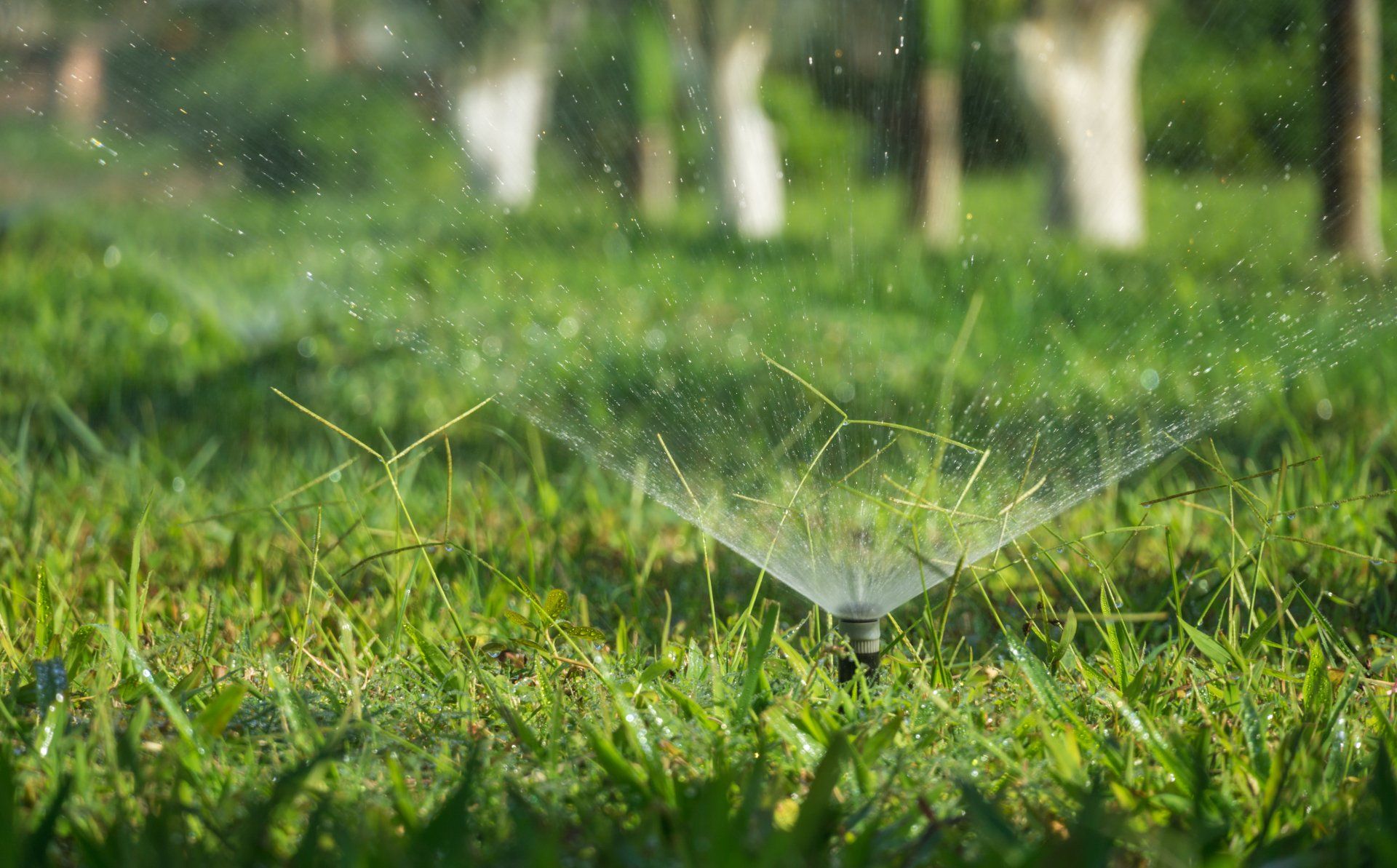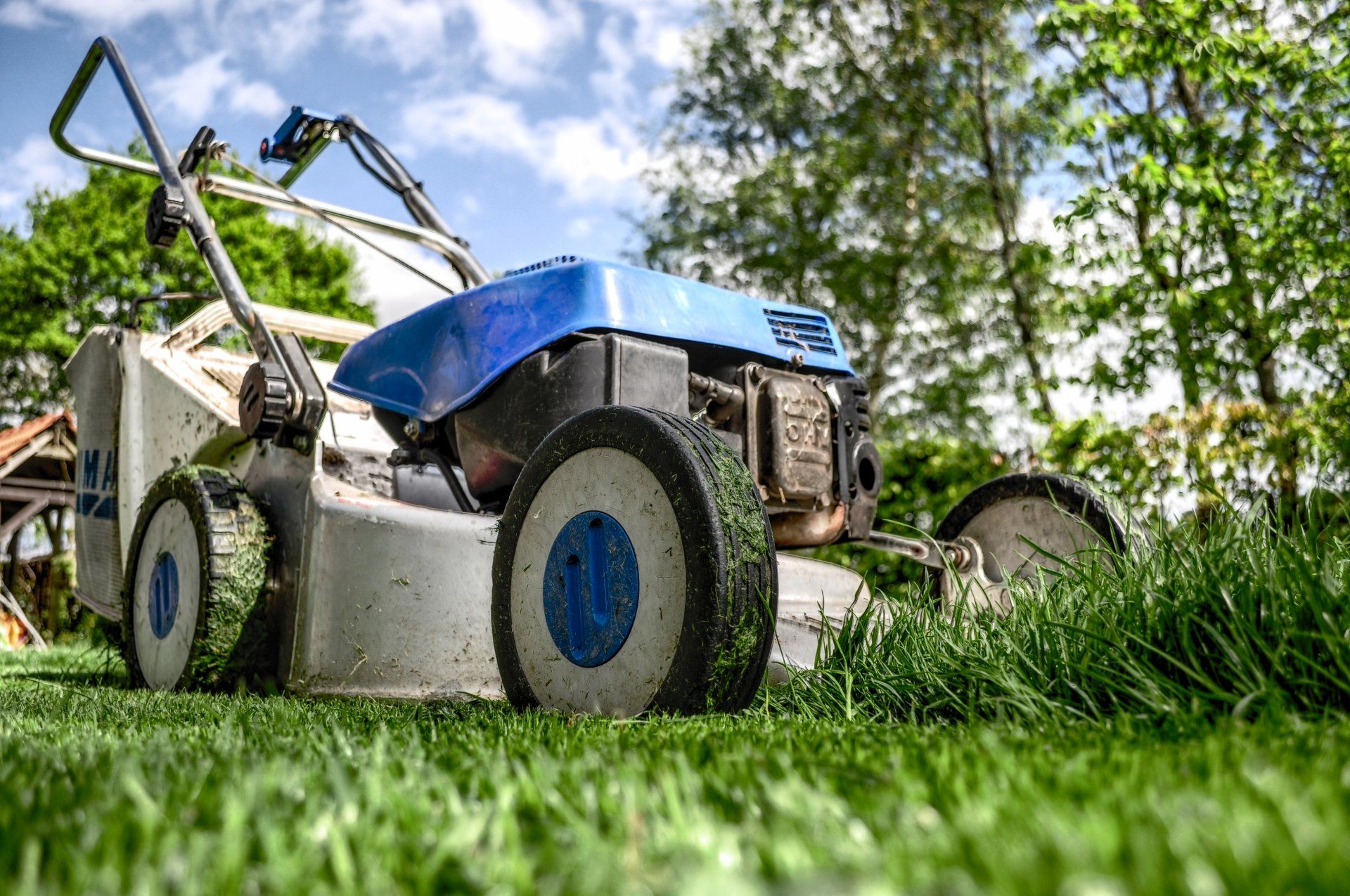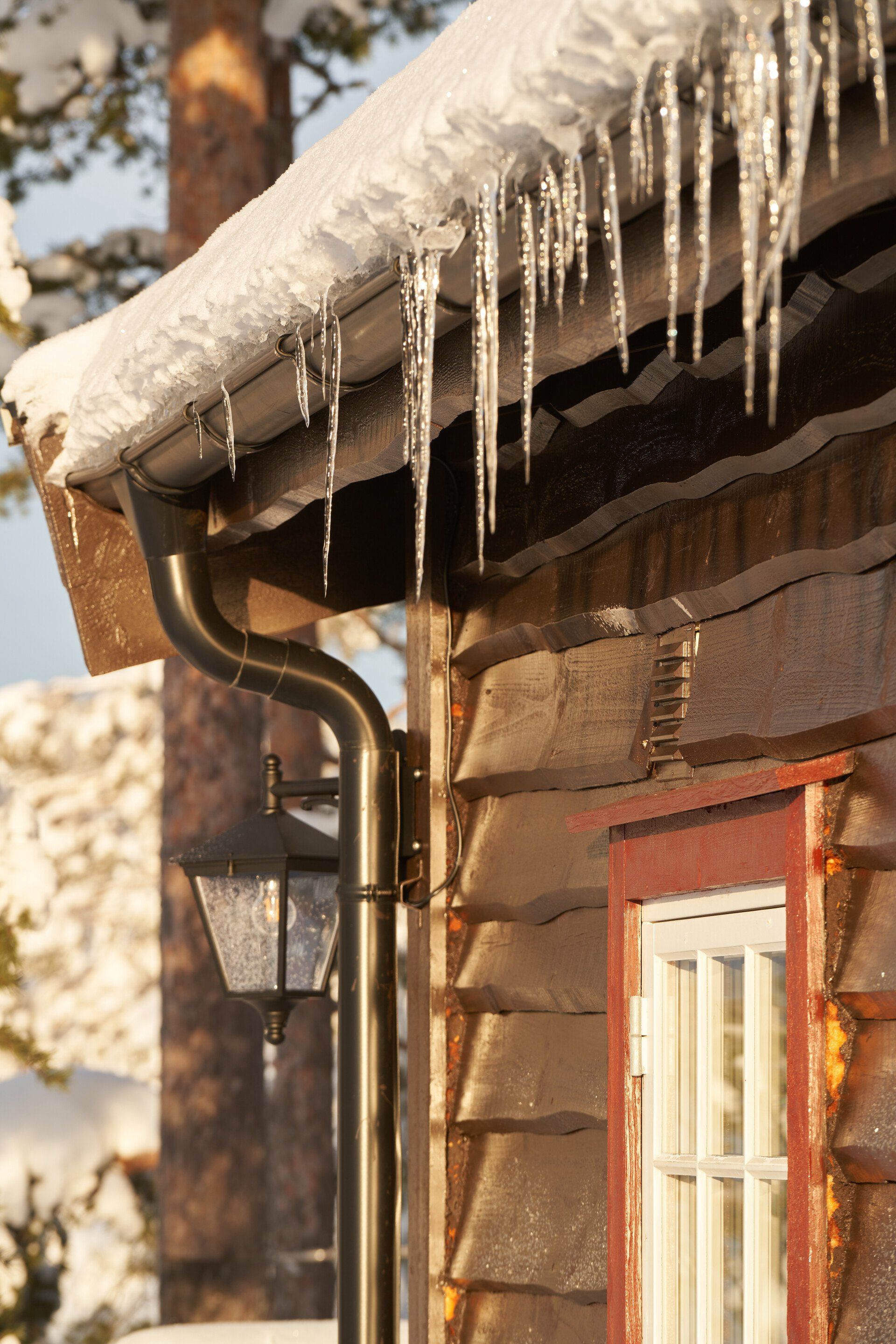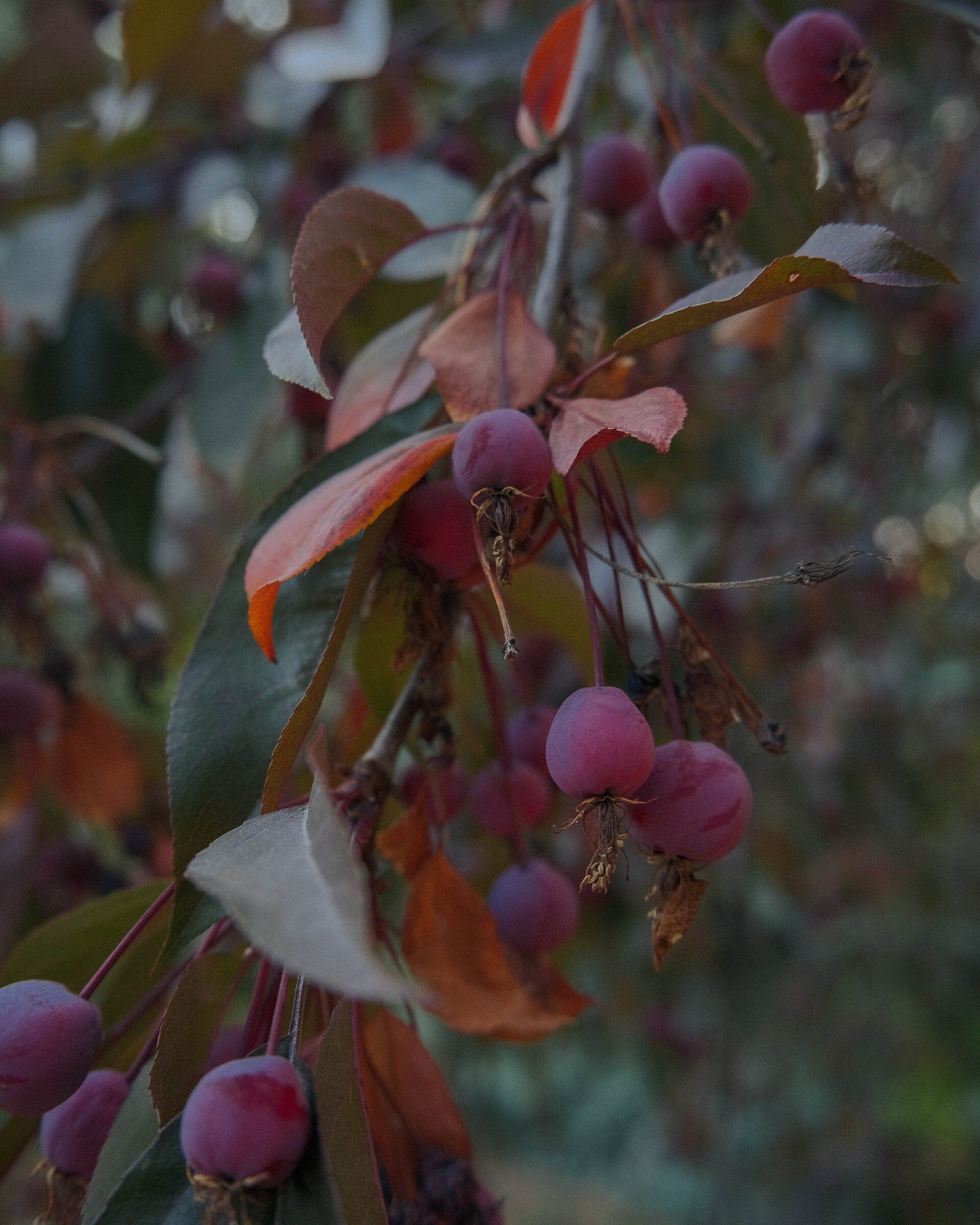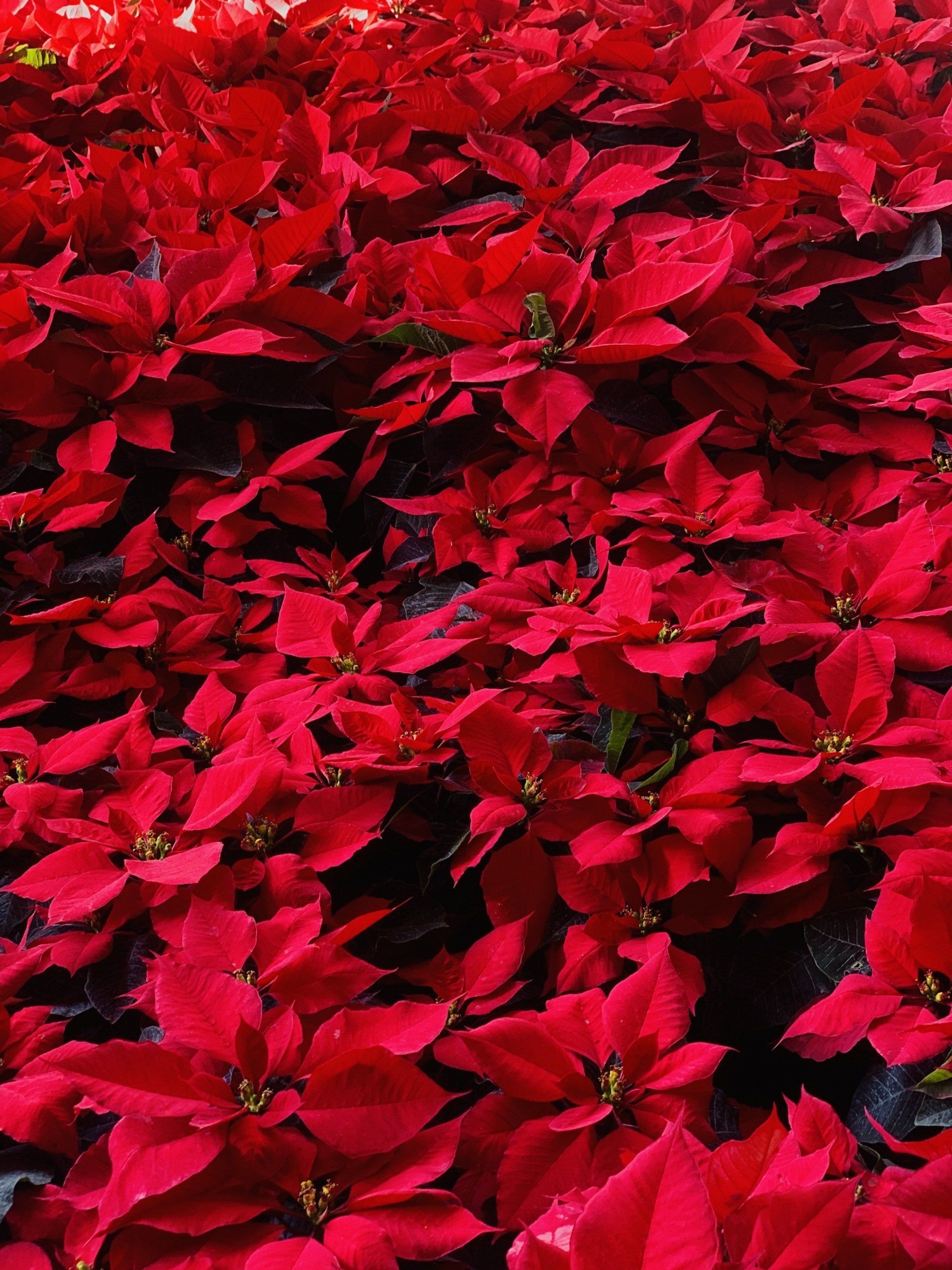Can Lawn Fertilizer Damage My Pet's Health?
Can Lawn Fertilizer Damage My Pet's Health?
Now, you can see the ideal lawn for you: soft green grass that will make your friends jealous. There is one problem. Your pet almost died when you last fertilized their lawn. That's not what you want.
People often consider their pets to be family members. Therefore, it is vital to learn about the potential dangers of lawn fertilizers. A lot of commercial fertilizers for landscapes and gardens can cause harm to your cat or dog if they are eaten. It is essential to know the ingredients in lawn fertilizers and how to handle any potential dangers. This article will cover the safety precautions and some of the lawn fertilizers that are available. We will also discuss the signs your pet should look out for when it comes in direct contact with newly fertilized turf.
Fertilizers and Dogs
Lawn fertilizer can cause serious health problems depending on the size of your pet and the amount of fertilizer that they ingest. A pet that ingests commercial lawn fertilizer could have serious health consequences, such as vomiting, abdominal pains, nausea, vomiting, bowel obstruction, difficulty breathing and inflammation of the liver or pancreas. Your pets should be kept away from areas that have been recently fertilized. You can let your pets go back to the lawn after 1-2 days depending on weather conditions.
What do you think about organic fertiliser?
Organic fertilizer has a reputation for being kinder to your lawn and better for the environment. People believe organic fertilizer's ingredients are safer and more natural than synthetic fertilizers. It doesn't necessarily mean your pet is safe. Some organic fertilizers are made with animal products and may be tempting to pets. Organic fertilizer can be just as harmful to your pet's health as commercial fertilizer. It can cause problems in the digestive system, stomach issues, abdominal issues, inflammation, and obstructions of the pancreas. Even though it may be organic, that doesn't guarantee it is safe for your pet. It is important to read the fertilizer care and application instructions before applying.
What about pet friendly fertilizers?
Pet-friendly fertilizers can be a great option. They will cut down on the time required to let your pet roam your lawn. Even though it's pet-friendly, this doesn't mean that it won't be harmful to your pet. While drying and absorption will be faster, it is still important to ensure that your pet stays away from the area while they are being applied. Most pet-friendly fertilizers will be safe once the drying process is completed. Do not take chances when it comes to your pet. Make sure to read all instructions carefully before you allow your pet into the treatment area.
Preventative Measures
Cats and dogs are most likely to come into direct contact or ingest fertilizer at the time it is applied. No matter the fertilizer used, pets and dogs are not allowed to run on recently fertilized grass. After fertilizer has dried, give your cat 48 hours before allowing him to enter the lawn. Dog owners should keep their pet leashed or closely monitored outdoors until the fertilizer dries completely. Most fertilizers are safe for pets to use after 48 hours. However, it is important to always read the fertilizer label and follow all the instructions. Many of them specify a certain time that your pet must remain off the lawn. The length of this "keep off", however, will depend on the fertilizer brand, weather, and type. You should also ensure that you store and handle lawn fertilizer in a place your cat or pet cannot reach. Granular products, such as lawn fertilizer, absorb moisture from air. This causes them to cake. You can keep your fertilizer safe from pets by keeping it in an air-tight container.
In Case of Emergency
How do you know if your cat/dog is suffering from poisoning by fertilizer? You are the one who knows your pet best. The signs to look out for are vomiting, tremors and seizure, abnormal heartbeat, severe lethargy or excessive drooling. You should immediately call your vet if your pet is experiencing any of the following symptoms. If your pet is experiencing any of these symptoms, it's important to immediately get the necessary medical attention. Your pet will likely make a full and complete recovery. Your vet should also know the type and amount of fertilizer your pet has consumed. This is crucial for treatment and recovery. Always take a photo of any fertilizer ingredients and keep it on your phone in case you need to refer to them.
